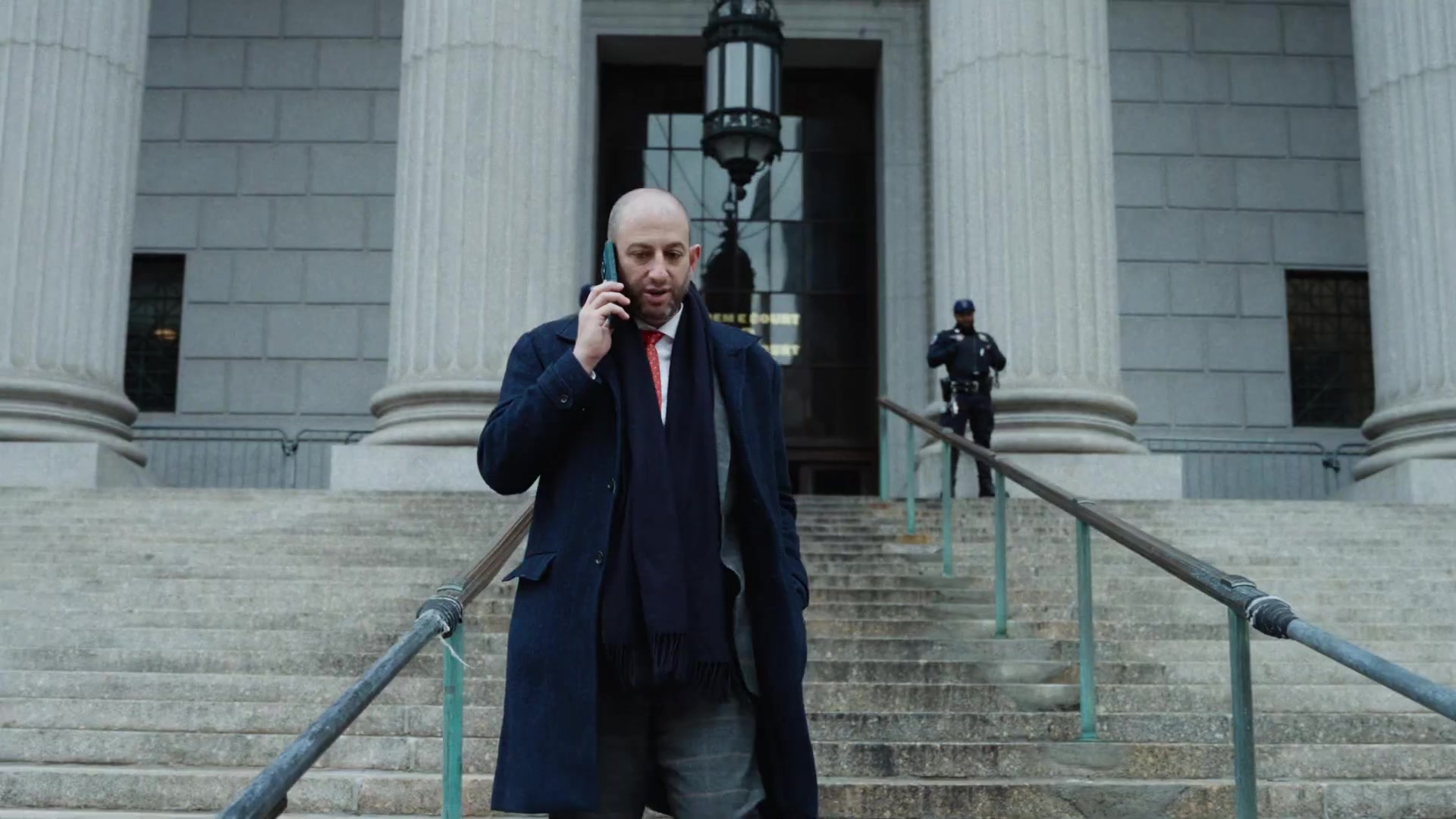Alaska Attorney General Issues Subpoenas to Defense Lawyers in Ongoing Investigation
Overview of the Subpoena Issuance
The Alaska Attorney General's office has recently issued subpoenas to several criminal defense attorneys as part of an ongoing investigation into public corruption and abuse of office. The subpoenas demand the attorneys turn over records related to their communications with certain state officials who are under scrutiny. This highly unusual move has raised concerns among the defense bar in Alaska. Attorney-client privilege is considered sacred, and subpoenaing records from criminal defense attorneys about their conversations with clients crosses an ethical line for many.Background on the Investigation
The investigation by the Alaska Attorney General's office is focused on certain high-ranking state officials, including a former governor, several legislators, and agency heads. There are allegations these officials may have used their positions of power to benefit themselves, their families, and their associates in various ways. Some of the specific accusations include:- Awarding lucrative state contracts to friends and political donors
- Pressuring agencies to hire unqualified associates
- Misusing state funds for personal expenses
- Receiving bribes or kickbacks in exchange for official acts
15,000+
Federal Cases Filed Annually
90%
Plea Before Trial
Concerns Raised by Defense Attorneys
Defense attorneys in Alaska have voiced strong opposition to the subpoenas, arguing they violate attorney-client privilege and the ethical duties of confidentiality owed to clients. Attorney-client conversations are generally considered privileged and protected from disclosure. The subpoenas are seeking communications between defense lawyers and their clients including memos, notes from meetings, emails, and more. But defense attorneys argue these types of communications are privileged and confidential. Forcing attorneys to disclose these records could chill the attorney-client relationship and make it difficult for attorneys to effectively represent officials caught up in the corruption investigation.Attorney General Defends the Subpoenas
The Alaska Attorney General's office maintains that the subpoenas are legally valid and do not violate privilege. In public comments, the AG stated that the subpoenas were narrowly tailored and only seek communications related to the possible misuse of power or public corruption by officials. The AG argues there is a public interest exception when government officials may be abusing their authority or violating the public trust. This exception can override attorney-client privilege in some circumstances. The Attorney General also pledged to handle any produced records sensitively. They stated the records would be used solely in the ongoing public corruption probe and not shared publicly or leaked.Legal Experts Weigh In
Legal experts seem divided on the validity of using subpoenas in this way. Defense attorneys maintain it is an unprecedented breach of ethical duties, while some former prosecutors argue there is precedent when investigating abuse of power by public officials. Several past court rulings related to privilege could be cited by either side. There are cases supporting a public interest exception, but also rulings upholding attorney-client privilege as needing the highest protection. Ultimately the subpoenas face legal challenges, and the courts may need to decide this unsettled question around privilege and public corruption investigations. For now, the defense lawyers are pushing back against disclosing any client communications to the Attorney General.What Comes Next

Defense Team Spotlight
Todd Spodek
Lead Attorney & Founder
Featured on Netflix’s “Inventing Anna,” Todd brings decades of experience defending clients in complex criminal cases.
Resources
- Reddit thread discussing the Alaska AG subpoenas
- Overview of attorney-client privilege in Alaska from FindLaw
- Analysis of privilege issues around government investigations from American Bar Association
Frequently Asked Questions
No. You have the right to remain silent and the right to an attorney. Invoke both rights immediately and contact Spodek Law Group.
Every case is different. We offer free initial consultations to evaluate your case and discuss our fee structure.
An arraignment is your first court appearance where charges are formally read. You enter a plea and bail may be set. Having an attorney present is critical.








